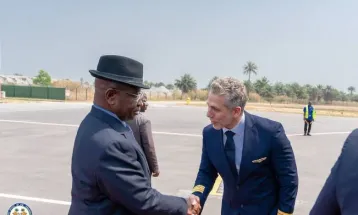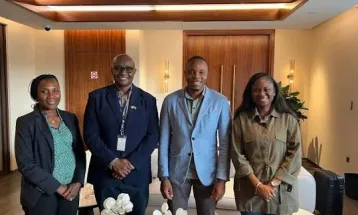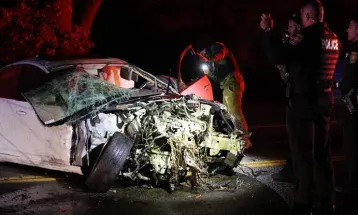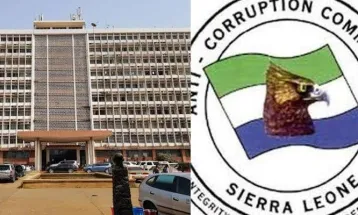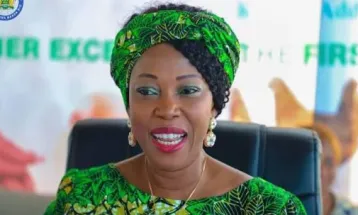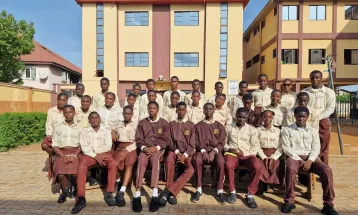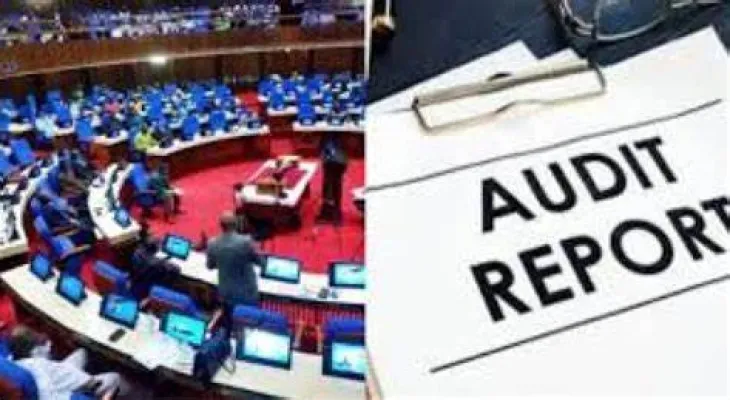
Sierra Leone Parliament to Probe Land Dispute After Petition from Paramount Chief MP
The Sierra Leonean Parliament is preparing to delve into a major land ownership conflict following a formal petition from a Paramount Chief and Member of Parliament, Hon. Alhaji Musa Bamba Foray Kulio Jalloh III.
This petition, submitted on July 3, 2025, raises concerns about land rights in the Dansogoia, Sambaia, and Diang Chiefdoms—areas located in Tonkolili and Koinadugu Districts. At the heart of the issue is a disagreement over who truly controls and has authority over certain lands, especially in light of declarations made by a state agency.
The Speaker of Parliament, who also chairs the Public Petitions Committee, announced that the committee will convene on Monday afternoon to begin its review. The process is expected to involve testimonies from various stakeholders to get a clearer understanding of the dispute and ensure that all voices are heard.
The controversy stems from recent declarations by the Sierra Leone Mines and Minerals Development and Management Corporation (SLMMDC) and another government body, which allegedly gave the SLMMDC sole authority to lease and manage land in the Kasafoni area. Local leaders argue this move disregards national laws and long-standing traditional ownership systems.
In Parliament, Hon. Jalloh III clarified that the petition is not an attack on the government but a call for legal intervention. He cited constitutional provisions and urged lawmakers to strike down parts of a regulation he believes undermines both the law and existing lease agreements, such as one with the Gento Group of Companies.
The motion gained strong support from fellow lawmakers, including Hon. Jawah Sesay, who echoed calls for justice and fairness. Both emphasized the urgency of Parliament’s involvement to prevent further tension and protect the rights of affected communities.
Concerns are growing among local residents and community leaders that state institutions may be sidelining traditional landowners in favor of large corporations. Many fear that without intervention, such practices could spread, leading to the erosion of local rights and potential unrest in rural regions rich in natural resources.
To ensure a transparent investigation, the parliamentary committee may invite legal experts, representatives from the SLMMDC, and affected landowners to share their perspectives and provide evidence. This move reflects Parliament’s commitment to a thorough and fair review process.
As the country awaits the outcome of the upcoming hearing, there is growing support from civil society organizations and community advocates. Many view this case as a defining moment for land governance in Sierra Leone—a chance for Parliament to reaffirm the importance of balancing development with the rights of indigenous communities.
What unfolds in the coming days could reshape how land disputes are addressed in the country and set the tone for future interactions between local communities, state institutions,and private enterprises.

